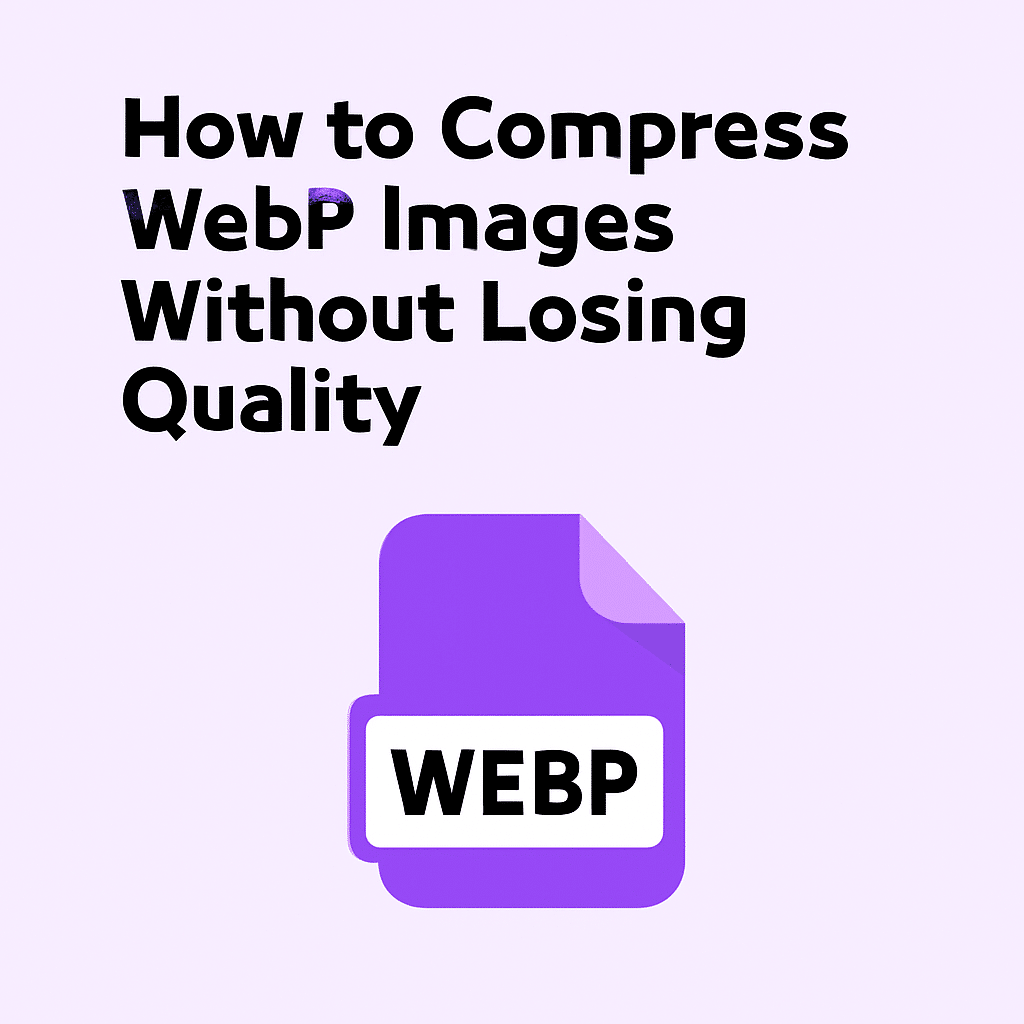
When working with images online, quality and speed matter. WebP already reduces file size compared to JPEG or PNG, but did you know you can compress WebP images even further—without losing visual clarity?
Why Compress WebP Images?
– Boosts page speed → faster load times keep visitors engaged.
– Improves SEO → Google rewards lightweight websites.
– Saves bandwidth → important if you have many images or a large audience.
Tips for Compression
1. Use a Reliable Converter
Tools like our WebP Converter Tool allow you to optimize images quickly.
2. Stick to Lossless Compression
This keeps image quality identical while shaving off unnecessary data.
3. Batch Convert for Efficiency
If you have dozens of images, bulk compression saves time.
4. Check Before & After Sizes
Always compare quality before publishing.
Final Thoughts
Compressed WebP files load lightning-fast while looking crystal clear. If you haven’t tried optimizing your WebP images yet, start today—you’ll see instant improvements in speed, rankings, and user experience.
Need help? Our Free WebP Converter Tool makes it quick and simple—even for beginners!


Leave a Reply